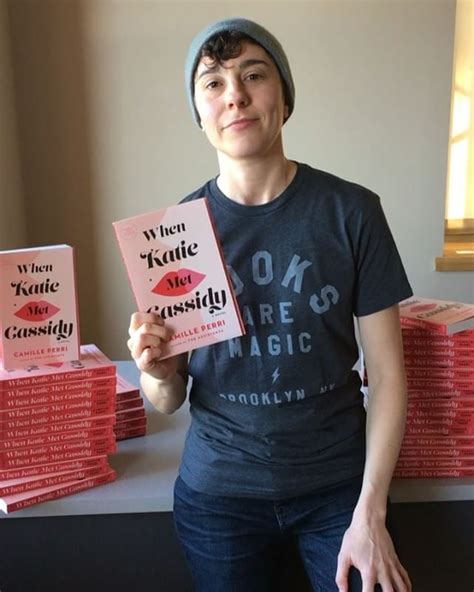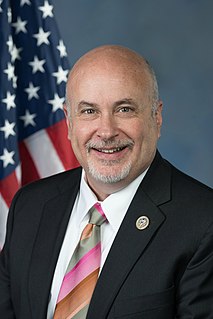A Quote by Mary Pilon
Many of my 20- and 30-something peers struggle with student loan debt and high rent, and more than once, I've erupted in laughter at the idea that I will collect any Social Security in my Betty White years.
Related Quotes
This debt crisis coming to our country. The wall and tidal wave of debt that is befalling our nation. Medicare and Social Security go bankrupt within ten years, we have a debt that is looming so high that in the last year of President Obama's budget just the interest payments on our debt is $916 billion dollars.
A consolidation makes sense only if you can lower your overall interest rate. Many people consolidate by taking out a home equity line loan or home equity line of credit (HELOC), refinancing a mortgage, or taking out a personal loan. They then use this cheaper debt to pay off more expensive debt, most frequently credit card loans, but also auto loans, private student loans, or other debt.
"Once there, always there", would give you less freedom than you recently enjoyed, but more security. Security not in the sense of safety from terrorists, burglars, or pickpockets... but security in the sense of knowing where you are, who you are, on what kind of future you can count, what will happen, whether you will preserve your position in society or whether you will be degraded and humiliated - this sort of security. This sort of security for many, many people - a rising number of people - looks at the moment more attractive than more freedom.
There is a lot of fiscal conservatives in the United States senate that didn't vote for that because we understand that national security spending is not the reason why we have a debt. Our debt is being driven by the way Social Security, Medicare, and Medicaid and, by the way, the interest on the debt is structured in the years to come.
Any politician that says no tax revenue or zero spending cuts does not deserve reelection. Our hole is so deep in this country with the debt and the debt service, the interest on that debt, before the big expenses come for Social Security and Medicare - for we baby boomers in a few years - that everything has to be on the table.
When the students were asked to identify their race on a pretest questionnaire, that simple act was sufficient to prime them with all the negative stereotypes associated with African Americans and academic achievement. If a white student from a prestigious private high school gets a higher SAT score than a black student from an inner-city school, is it because she’s truly a better student, or is it because to be white and to attend a prestigious high school is to be constantly primed with the idea of “smart”?
































